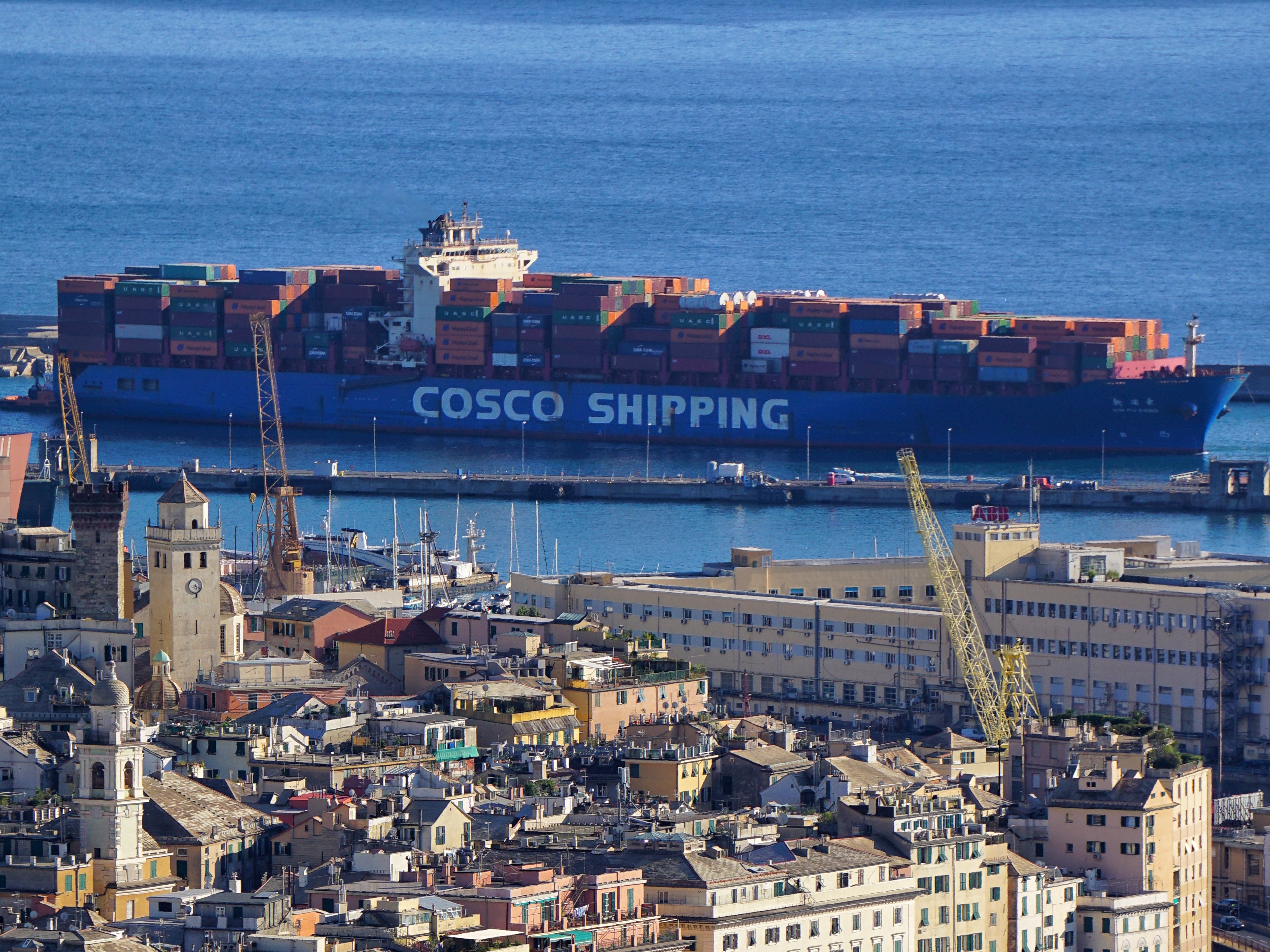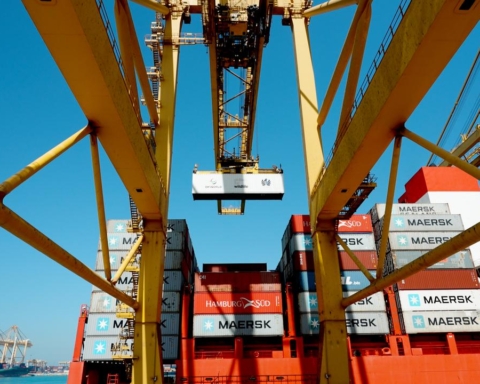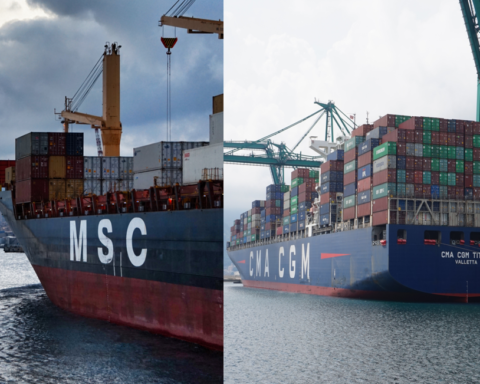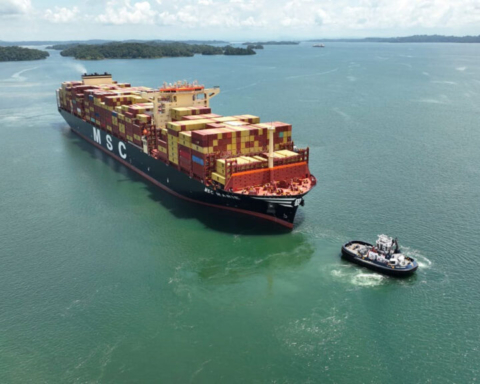“Frankly, I find all this fuss about Cosco’s involvement in Hamburg’s Tollerort terminal understandable but perhaps a little excessive. For years now, large state-owned companies or investment funds from the Far East have been investing in Europe, reaping the benefits of the Belt and Road Initiative. Yet it seems as if in Germany they are only noticing this today.”
Giovanni Satta finds people who conjure up scenarios of colonial war hard to believe; those who brand the Sino-German operation as highly risky for the national sovereignty of an ‘Old Continent’ country.
As is well known, the COSCO/Hamburg affair has generated as lot of discussion about Beijing’s possible influence on Germany’s strategic infrastructure, but for the associate professor of economics and business management at the University of Genoa, it’s much ado about nothing.
“Investments like those recently made by the Chinese giant are very common today,” he says. “If we were to map all port terminals, we would find that most of them are either in the hands of a state enterprise or a partially owned by a Sovereign Wealth Fund . In Italy, for example, a number of port terminals are in this situation. Just think out PSA Genova Prà, for instance, managed by PSA Singapore.”
According to Satta, the COSCO case caused the most fuss because it sparked fear and anxiety: “Most probably, the initial fondness that various, dare I say, many, European stakeholders had for the Belt and Road Initiative right from the beginning gradually faded, until it disappeared altogether. While in the past, the prevailing attitude was aimed at idealizing the win-win aspects of cooperation with Beijing, nowadays, especially in the aftermath of the war in the Ukraine, there is a tendency to view such acquisitions as an attempt by the Chinese government to gain control of increasingly larger supply chains. The ascent of this Eastern power is therefore seen, also from a port perspective, as a geopolitical challenge to the supremacy of the European powers.”
In reality, from a strictly operational point-of-view, these transactions often result in an unquestionable advantage for the container terminal affected by the acquisition: “Like Maersk or MSC, COSCO is a hybrid carrier, i.e. it has its own division specializing in the control and management of terminal activities. One should bear in mind that these shipping companies have long since developed their own vertical integration strategy, which has led them to handle container volumes (TEUs) on land that are increasingly close in size to those handled in the shipping business,” explains the expert.
Furthermore, companies like these are part of large alliances: “2M (Maersk and MSC), Ocean Alliance (CMA-CGN, COSCO and Evergreen) and THE Alliance (Hapag-Lloyd, Hyundai Merchant Marine, Yang Ming and ONE) are able to control over 80% of the global cargo capacity. The terminal that secures the presence of one of these players within its organization can thus secure a significant cargo base and acquire increasing traffic shares.”
Recent studies have confirmed this observation: “History teaches us that their involvement in a terminal brings the latter more benefits than problems. What has happened in Piraeus is, from this point-of-view, very significant: the Greek port has literally exploded since it was acquired by COSCO, becoming the first port of call in the Mediterranean.”
According to Satta, such investments should therefore not be hindered but properly managed. “What needs to be done is to start studying the phenomenon in greater depth and detail. At EU level, our European champions should also be supported. MSC or Maersk, for example, should be encouraged to make investments in China, where this is possible, of such a magnitude as to counterbalance, in a mutualistic logic, the ones that the Chinese government has made or is making in Europe.”
Port governing bodies must also do their part. “The Port of Hamburg,” says the university lecturer, “does not run any risk of being dominated by China because it has a very strong local community behind it, which is able to respond with adequate firepower to any incursions that might be considered detrimental to the interests of the port.”
In Italy, the situation appears to be more fragmented: “If central government fails to have a suitable capacity for regulating concession policies, the role of Port Network Authorities risks being insignificant in the relationship between grantor and concessionaire,” Satta points out.
However, the solution to the problems of the Italian port system cannot be to allow Port Network Authorities to acquire stakes in terminals (‘The prohibition to directly or indirectly carry out port operations remains a cardinal principle of the 84/94 (Port Reform) law that, in my opinion, must be safeguarded’).
According to the university professor, the government should instead move in the port corporatization direction. “The only way to do this is to transform Port Network Authorities into joint-stock companies led by managerial administrators, whose confirmation and revocation criteria are firmly anchored to tangible, measurable results and not to political logic. This is a process that is now affecting an increasing number of countries. Perhaps the time has come for a turning point in Italy as well.”
Translation by Giles Foster




